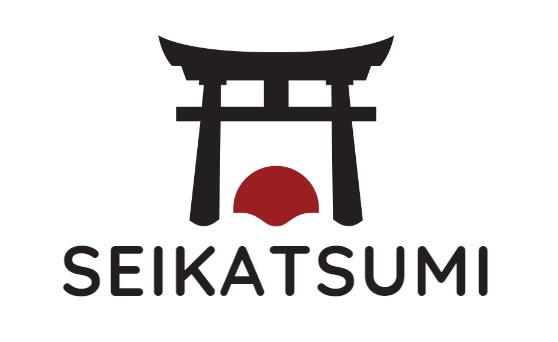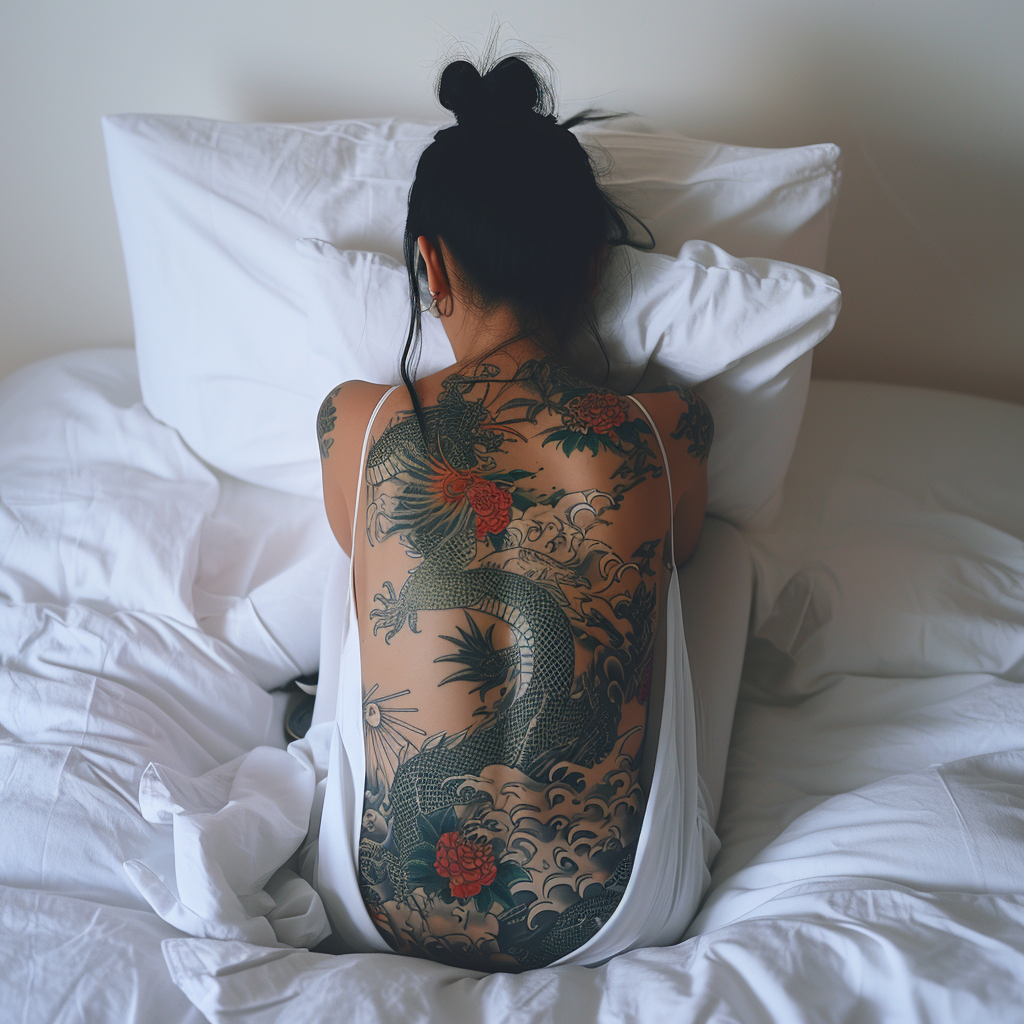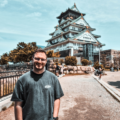I’m absolutely thrilled to share with you the captivating world of Japanese full body tattoos, also known as Irezumi.
For centuries, these elaborate designs have adorned the skin of the Japanese people, telling stories, conveying status, and even serving as spiritual symbols.
Unleash your creativity and let your skin become a masterpiece in the world of Japanese full body tattoos!
Feel free to check out my 10+ favorite Japanese full body tattoos and find the style that best suits your particular personality!
Characteristics of japanese full body tattoos
Japanese full body tattoos, known as Irezumi, are a profound form of art deeply embedded in the cultural tapestry of Japan.
Characterized by their large, intricate designs that often cover the entire body, these tattoos carry a rich history and symbolism, featuring motifs like the majestic dragons, stoic samurais, and delicate lotus flowers. Steeped in tradition yet continually evolving,
Irezumi offers a unique way to connect with the ancient stories and aesthetic values of Japan, making them a captivating subject for both tattoo enthusiasts and admirers of cultural artistry.
Our Inspiration for the best Japanese Half Sleeve Tattoos
1. Samurai Sword Focus

2. Full Back Inked Woman
3. Colorful Back Tattoo Woman
4. Vibrant Japanese Back Art

5. Samurai-Themed Body Art

6. Dragon-Inspired Full Body Ink
7. Back & Hand Ink Design

8. Samurai
9. Floral Full-Limb Tattoos

10. Black & White Irezumi Woman

Hey you! Are you interested in more Japanese tattoos? Then you have to take a look at the following articles: You definitely can’t miss it!
The Best Japanese Half Sleeve Tattoos
History of Japanese Full Body Tattoos
I’m always fascinated by the rich tapestry of stories and traditions embedded in the Japanese full body tattoos, known as Irezumi. It’s an art form that’s both visually stunning and steeped in deep cultural heritage.
The Allure of Japanese Full Body Tattoos
I have to say, the Irezumi is nothing short of breathtaking. Traditional japanese full body tattoos often cover the majority of the body, including the back, chest, arms, and legs.
What grabs my attention is not only their scale but also the precision and artistry involved in creating each piece. These tattoos are crafted with dedicated techniques such as Tebori (hand carving), which contributes to their unique texture and appearance.
I admire the bold imagery often depicted in Irezumi, featuring elemental symbols, mythological beasts, and natural scenes that seem to tell a story with every fold of the skin.
Deep Cultural Significance and History
I can’t discuss Irezumi without delving into its rich historical roots that date back 5,000 years. Originally, tattoos in Japan held various meanings and served different purposes, from symbols of status to forms of punishment.
Over time, these tattoos became tightly associated with the Yakuza – Japan’s organized crime syndicates. The intricately inked full-body designs became a mark of the gang members, often illustrating scenes from Japanese folklore and embodying values of loyalty, honor, and strength reflected in their chosen motifs.
Yet, beyond their association with the underworld, the art of Irezumi has always been a cultural landmark, representing a connection to Japan’s past and an age-old practice that has evolved yet still commands respect and awe.
Artistic Aspects of Full Body Tattoos
In my exploration of the artistic world of Japanese full body tattoos, I’m continually fascinated by the depth and intricacy that this traditional art form embodies. From powerful symbolism to the meticulous design elements, each tattoo tells a story woven into the skin.
Irezumi and Its Symbolism
Irezumi is not just a tattoo—it’s a cultural landmark rich with meaning. In my studies, I’ve seen how Irezumi is commonly associated with spiritual symbolism and social status.
Certain designs, such as the lotus, symbolize purity and struggle, while koi fish often represent perseverance due to their ability to swim upstream. What’s fascinating is that the placement of these symbols can influence their meaning, creating a unique narrative for the wearer.
To delve into this realm is to unlock a world of myths, legends, and ethos that have been inked into existence for centuries. Discover the layered meanings behind these traditional tattoos in Irezumi: Japanese for tattoo, an ultimate guide.
Design Elements and Imagery
When I analyze the design elements and imagery of japanese full body tattoos, I’m struck by certain recurring motifs. Dragons, mythical creatures embodying strength and wisdom, are a staple.
Similarly, the use of bold colors and wave patterns not only adds to the visual appeal but also serves to symbolize nature’s power and life’s challenges. The use of imagery such as samurai, geishas, and tigers intertwines historical references and cultural respect within the artwork.
For anyone enthralled by these design elements, there’s a curated exploration of their visual significance at Japanese Tattoos: History, Meanings, Symbolism & Designs.
The Art of Horimono
Horimono takes the concept of ink on skin to a whole new level with japanese full body tattoos that are both clandestine and boldly public in their expression. Unlike casual tattoos, horimono are often hidden by clothing yet reveal an intimate and comprehensive canvas when disclosed.
My own reverence grows when I learn about the painstaking process involved in creating these japanese full body tattoos masterpieces. Each piece is not merely an application of ink; it is a time-honored tradition of storytelling, an honor to wear and a spectacle to behold.
Learn about how horimono exemplifies the dedication and skill of Japanese tattoo artists at Unlocking the Mysteries of Japanese Tattoo Style: Traditional Designs.
Traditional Motifs and Their Stories
In the captivating world of Japanese full body tattoos, each image is steeped in history and carries a tale. Here, I’ll dive into some of the most iconic symbols and the rich narratives they embody.
Dragons: Guardians of wisdom and strength
Dragons in Japanese tattoos represent wisdom, strength, and the power to ward off evil.
As mighty serpents, they’re often depicted with claws and scales, majestically swirling around the inked canvas. They’re not just protectors; they are also symbols of life-giving water, embodying balance and harmony.
Koi Fish: Breakthrough and transformation
The Koi fish is a vibrant emblem of perseverance. Legend has it that the koi swims upstream, fighting against the current to reach a mythical gate, transforming into a dragon.
This stunning transformation story makes the koi a motif for those who aspire to overcome obstacles and embody personal growth.
Tigers: Courage and protection
Mighty and fierce, tigers are a common thread in the tapestry of Japanese tattoos.
They signify the virtues of courage and the role of protector. Roaring amidst peonies or bamboo, tigers represent a shield against bad fortune and malevolent spirits.
Flowers: Nature and life
Lastly, the various flowers found in Japanese tattoos each have their own meanings.
The delicate cherry blossom, or sakura, evokes the fleeting nature of life, whereas the robust chrysanthemum stands for longevity and rejuvenation. These floral designs imbue the skin with the essence of nature’s transient beauty.
My Favorite Type of Japanese full body tattoos
In my opinion, small accents and simple motifs are the best japanese full body tattoos motif for me.
This would be an elegant blend of Samurai, Dragons, and Lotus flowers. I envision a design that’s minimalist yet profound, where each element is delicately interwoven, showcasing the strength of the Samurai, the grace of the Lotus, and the mystique of the Dragon.
This combination would not only satisfy my penchant for understated beauty but also resonate with my personal sense of style and meaning, creating a tattoo that’s uniquely mine and deeply symbolic.
Frequently Asked Questions
How are Irezumi tattoos applied?
Traditionally, Irezumi is applied using a Tebori, a hand tool with needles, making the process time-consuming and painful but resulting in vibrant, enduring tattoos.
How long does it take to get japanese full body tattoos?
Due to their size and complexity, Irezumi can take several years to complete, with sessions spread out over months or years.
What to consider before getting Irezumi?
Choose an experienced artist, carefully consider the design and placement, and be aware of the cultural significance to ensure your tattoo is respectful and appropriate.
If you liked this blog article about my favorite Japanese full body tattoos, don’t forget to follow us on Pinterest so you don’t miss any more tattoo tips.
Let us know, which of the above ist your absolute favorite tattoo!


